These Are The Mental Health Apps That Psychologists Actually Use
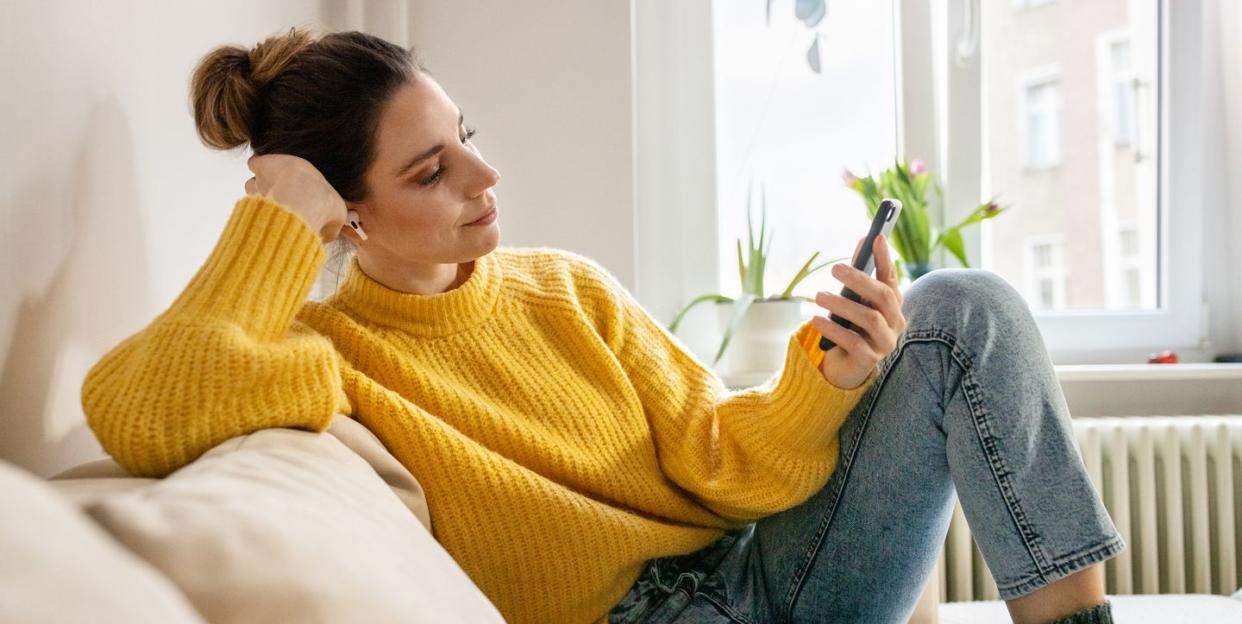
"Hearst Magazines and Yahoo may earn commission or revenue on some items through these links."
Whether you love journaling, meditation, attending therapy, or working out to blow off steam, caring for your mental wellbeing is just as important as the physical side. Another accessible and convenient resource to consider adding to your routine: a mental health app.
The Benefits Of Mental Health Apps
A mental health app can serve multiple purposes: “If you’re already in therapy, the right app can really enhance learning or reinforce skills from therapy,” says Chu Hui Cha, PhD, a clinical psychologist and founder of Cha Psychology. “If you’re not in therapy, an app can be a self-help tool, particularly if you want to build your awareness about your emotions and stress level, or if you want to start learning skills on your own.”
Meet the experts: Chu Hui Cha, PhD, is a clinical psychologist and founder of Cha Psychology. Shauna Shapiro, PhD, is a clinical psychologist and professor at Santa Clara University.
Mental health apps are also accessible and reduce the cost barrier to traditional, less frequent, mental health services, says Shauna Shapiro, PhD, a clinical psychologist and professor at Santa Clara University. “I believe one of the most important features of mental health apps is that the tools and practices can be implemented into your daily life, while traditional therapy is often one hour per week,” she explains. That means that you can train your mind as often as every day, she adds, "so we can flourish individually and collectively.”
What To Look For In A Mental Health App
It’s worth noting that effective coping techniques, no matter what you’re struggling with mentally, often include two things: understanding what you’re experiencing and then being able to take action to shift the negative feelings, explains Cha. “The most reliable mental health apps will educate you with clear, well-written content about what you’re feeling and then help you find a way forward.”
Most apps offer mindfulness sessions, guided meditations, journaling prompts, daily check-ins, or even support groups, and these mini “assignments” can help you cope with daily challenges and problems, explains Shapiro.
Where Mental Health Apps Fall Short
That said, these apps do have limits and should not replace in-person mental health care if you are experiencing extreme distress, Cha notes. “When a person is experiencing a psychiatric crisis (when someone is seriously considering acting on urges to hurt themselves or others) and they do not already have a plan in place with their mental health provider, they can call the Suicide and Crisis Lifeline at 988.” Other national resources include the Crisis Text Line, which is a free way to connect with a crisis counselor 24/7, or 911 for emergency medical services, she adds.
For less extreme cases, it’s always important to check in with your primary care provider or a mental health professional, rather than turning to an app first, adds Cha. “For everyone who is experiencing a mental health problem, they should talk to a physician or mental health professional to receive treatment advice tailored for their individual symptoms and needs, because an app can be part of that treatment but it won't be an adequate replacement for therapy.”
10 Best Mental Health Apps, According To Psychologists
1. Mindfulness Coach
This app teaches you how to meditate and maintain a mindfulness practice, says Cha. “What I find to be really great about this app is the slow pace, which can be helpful to those who have found meditation intimidating or difficult in the past,” she explains. The app provides a gradual, self-guided training program that is designed to help you truly understand mindfulness and notice what is happening in the present moment. Another bonus? The app was created to help veterans and service members, but is totally free for everyone.
Pros:
Free
Great for beginners and those already experienced in mindfulness
Cons:
No personalization
Does not sync with Apple Health
Pricing: Free
Platforms: iOS and Android
Free trial: Always free
2. Forest
If you’re looking to reduce your screen time and stay focused, Cha says this app is for you. Overall, the app helps you focus on being present and temporarily ignoring your phone by allowing you to create lists of apps to block. “Forest’s approach is to positively reinforce putting your phone down by providing a visual reward,” explains Cha. You can plant a “seed” in the forest and as time goes by, the seed will gradually grow into a tree which shows a visual representation of reducing screen time and nailing productivity.
Pros:
Provides detailed stats of your screen time
Allows you to track progress on the Apple Health app
Great for studying
Cons:
No free trial
Contains pop-up ads
Pricing: $3.99Platform: iOS and AndroidFree trial: No
3. Clarity - CBT Thought Diary
“This app is designed for building skills from cognitive behavioral therapy, which is an evidence-based therapeutic approach for many different mental health concerns,” says Cha. “The app is often used in conjunction with treatment by a therapist, but it can also be a powerful self-help tool.” Through daily mood check-ins and journaling prompts, Clarity aims to help you learn how to reframe negative thoughts.
Pros:
User-friendly
Provides a 7-day free trial
Offers audio meditations and breath work exercises
Cons:
Android version only offers text-based meditation
Premium features only available with a paid subscription
Price: $69.99/year or $5.83/month
Platform: iOS and Android
Free trial: Yes
4. Mindshift
“This app is designed specifically for coping with anxiety and it’s easy to track your anxiety levels over time with just a few questions each time you use the app,” Cha explains. It also provides education (such as a module about perfectionism) and specific actions you can take to improve anxiety through short meditations, thought journals, and coping cards.
Pros:
Free
Includes short meditations and thought journals
Cons:
Limited number of entries per day
Cannot change a previous journal entry
Price: Free
Platforms: iOS and Android
Free trial: Always free
5. Calm
With over a million ratings, Calm gives you access to a variety of sleep podcasts, soothing music, soundscapes, and guided meditations, making it one of Shapiro’s go-to recommendations. Plus, Calm offers yoga and stretching classes which users rave about for winding down before bed. Oh, and, well-known celebs like P!nk and Matthew McConaughey have also been known to narrate the bedtime stories!
Pros:
Offers a discounted family and student plan
Large library of sleep music, meditations, and soundscapes
Cons:
Premium features only available with paid subscription
One of the more expensive apps on this list
Price: Free to download, but premium available for $14.99/month, $69.99/year, or $399.99 for lifetime membership
Platforms: iOS and Android
Free trial: Yes
6. Headspace
Headspace is a meditation app specifically designed for mindfulness and self-care. The guided meditations range from three to 20 minutes, and Shapiro suggests this app for stress relief, anxiety control, and self-awareness. The app also offers longer education courses which focus on mindfulness, managing distractions, improving sleep, and more.
Pros:
Large library of meditations
Student and family discounts available
Cons:
One of the more expensive apps on this list
Price: Free to download but $12.99/month or $69.99/year for a premium subscription
Platforms: iOS and Android
Free trial: Yes
7. Woebot
Woebot can provide personalized support to help manage stress, anxiety, and loneliness, by using AI, says Cha. “This should not be considered a substitute for therapy, but AI can facilitate some useful therapeutic interventions, such as providing education or normalizing a mental health-related experience,” she explains. The app also includes several topics to empower users to understand *why* they’re feeling the way they feel and what they can do about it.
Pros:
Provides personalized support through AI
Offers daily check-ins
Cons:
Programs can be linear
Responses can feel scripted
Price: Free
Platforms: iOS and Android
Free trials: Always free
8. Virtusan
Best For Creating Healthy Habits
Healthy habits can be hard to form (and sustain!), but Virtusan offers over 30 practices and tools to help you nail your goals. Whether you’re looking to sleep better, improve your mental fitness, or focus on your nutrition, Shapiro says that Virtusan will curate a routine catered to your needs, based on a short survey. Plus, users rave that the information and goal setting guidance is manageable and digestible.
Pros:
Creates a personalized plan
Focuses on education
Cons:
Premium features only available with paid subscription
One of the more expensive apps on this list
Price: Free to download but $12.49/month or $69.99/year
Platforms: iOS and Android
Free trial: Yes
9. MindDoc
MindDoc is designed to regularly track your mood and emotions while teaching you about mental health through courses and exercises, says Cha. “The best feature is that it asks questions about how you’re feeling and then provides you with insights that are relevant to what you’re reporting,” she explains. From there, you’ll get insight for helping you recognize mood patterns along with relevant coping resources.
Pros:
Developed by psychologists
Creates personalized feedback
Cons:
One of the more expensive apps on this list
Users report the app describes broad emotions instead of specific feelings
Price: Free or $7.49/month or $69.99/year for premium subscription
Platforms: iOS and Android
Free trial: Yes
10. 29k
29k is a free, non-profit app that focuses on overall self-care, mental health, and personal development through courses and goal setting, says Cha. You’ll find unlimited access to evidence-based psychological tools like meditations, challenges, and check-ins that are designed to support personal growth and help you cope with life's ups and downs. Another differentiating factor is that 29k offers the opportunity to connect with other users around the world through virtual support groups.
Pros:
Free
Offers virtual support groups
Cons:
Offered sleep meditations are short
Price: Free
Platforms: iOS and Android
Free trial: Always free
Whether you love journaling, meditation, attending therapy, or working out to blow off steam, caring for your mental wellbeing is just as important as the physical side. Another accessible and convenient resource to consider adding to your routine: a mental health app.
The Benefits Of Mental Health Apps
A mental health app can serve multiple purposes: “If you’re already in therapy, the right app can really enhance learning or reinforce skills from therapy,” says Chu Hui Cha, PhD, a clinical psychologist and founder of Cha Psychology. “If you’re not in therapy, an app can be a self-help tool, particularly if you want to build your awareness about your emotions and stress level, or if you want to start learning skills on your own.”
Meet the experts: Chu Hui Cha, PhD, is a clinical psychologist and founder of Cha Psychology. Shauna Shapiro, PhD, is a clinical psychologist and professor at Santa Clara University.
Mental health apps are also accessible and reduce the cost barrier to traditional, less frequent, mental health services, says Shauna Shapiro, PhD, a clinical psychologist and professor at Santa Clara University. “I believe one of the most important features of mental health apps is that the tools and practices can be implemented into your daily life, while traditional therapy is often one hour per week,” she explains. That means that you can train your mind as often as every day, she adds, "so we can flourish individually and collectively.”
What To Look For In A Mental Health App
It’s worth noting that effective coping techniques, no matter what you’re struggling with mentally, often include two things: understanding what you’re experiencing and then being able to take action to shift the negative feelings, explains Cha. “The most reliable mental health apps will educate you with clear, well-written content about what you’re feeling and then help you find a way forward.”
Most apps offer mindfulness sessions, guided meditations, journaling prompts, daily check-ins, or even support groups, and these mini “assignments” can help you cope with daily challenges and problems, explains Shapiro.
Where Mental Health Apps Fall Short
That said, these apps do have limits and should not replace in-person mental health care if you are experiencing extreme distress, Cha notes. “When a person is experiencing a psychiatric crisis (when someone is seriously considering acting on urges to hurt themselves or others) and they do not already have a plan in place with their mental health provider, they can call the Suicide and Crisis Lifeline at 988.” Other national resources include the Crisis Text Line, which is a free way to connect with a crisis counselor 24/7, or 911 for emergency medical services, she adds.
For less extreme cases, it’s always important to check in with your primary care provider or a mental health professional, rather than turning to an app first, adds Cha. “For everyone who is experiencing a mental health problem, they should talk to a physician or mental health professional to receive treatment advice tailored for their individual symptoms and needs, because an app can be part of that treatment but it won't be an adequate replacement for therapy.”
10 Best Mental Health Apps, According To Psychologists
Mindfulness Coach
This app teaches you how to meditate and maintain a mindfulness practice, says Cha. “What I find to be really great about this app is the slow pace, which can be helpful to those who have found meditation intimidating or difficult in the past,” she explains.
The app provides a gradual, self-guided training program that is designed to help you truly understand mindfulness and notice what is happening in the present moment.
Another bonus? The app was created to help veterans and service members, but is totally free for everyone.

Mindfulness Coach
$3.90
va.gov
Forest
If you’re looking to reduce your screen time and stay focused, Cha says this app is for you. Overall, the app helps you focus on being present and temporarily ignoring your phone by allowing you to create lists of apps to block.
“Forest’s approach is to positively reinforce putting your phone down by providing a visual reward,” explains Cha. You can plant a “seed” in the forest and as time goes by, the seed will gradually grow into a tree which shows a visual representation of reducing screen time and nailing productivity.
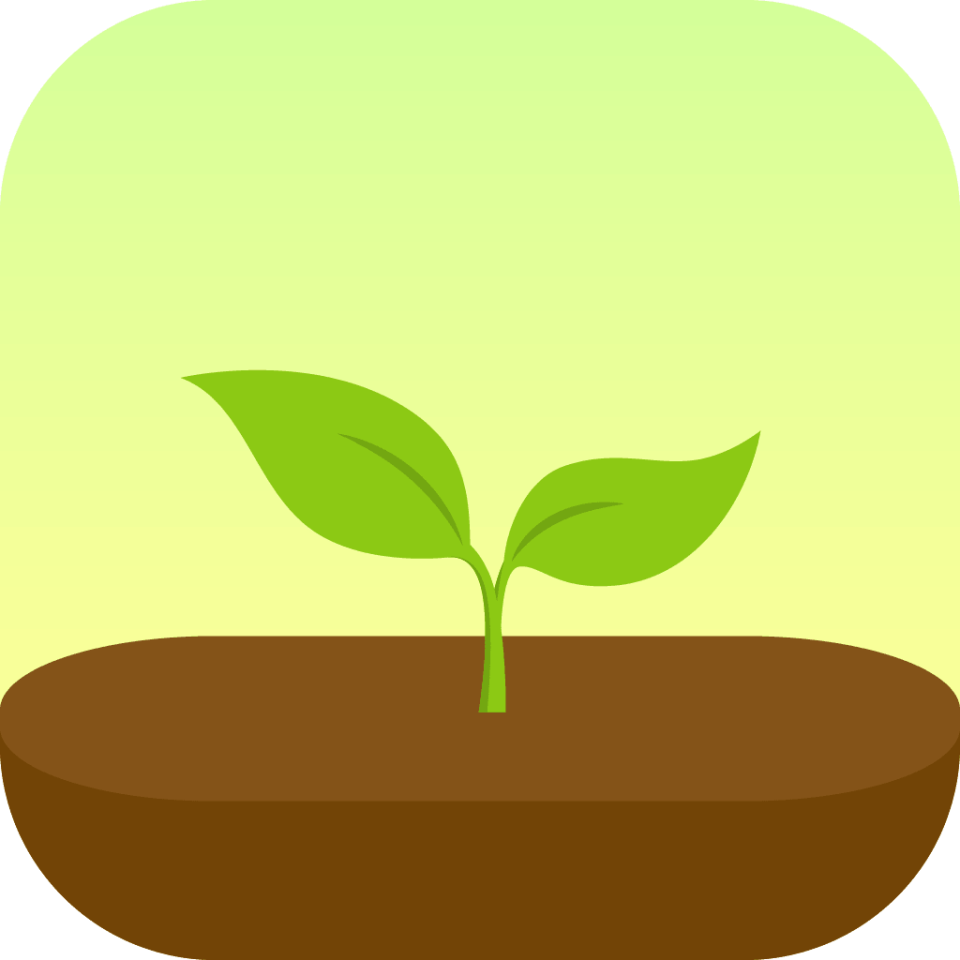
Forest
$3.99
Clartity CBT Thought Diary
“This app is designed for building skills from cognitive behavioral therapy, which is an evidence-based therapeutic approach for many different mental health concerns,” says Cha. “The app is often used in conjunction with treatment by a therapist, but it can also be a powerful self-help tool.”
Through daily mood check-ins and journaling prompts, Clarity aims to help you learn how to reframe negative thoughts.
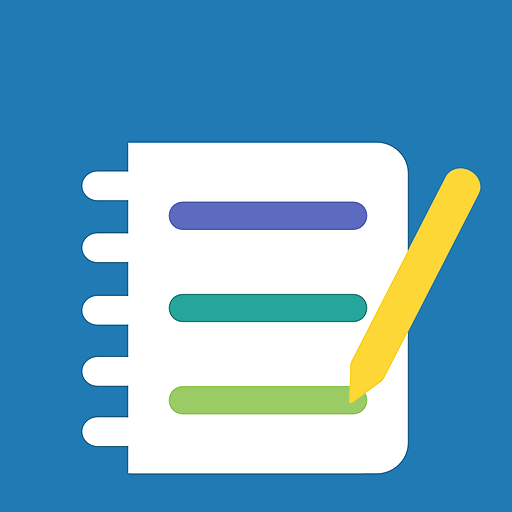
Clartity CBT Thought Diary
$5.83
Mindshift
“This app is designed specifically for coping with anxiety, and it’s easy to track your anxiety levels over time with just a few questions each time you use the app,” Cha says. It also provides education (such as a module about perfectionism) and specific actions you can take to improve anxiety through short meditations, thought journals, and coping cards.
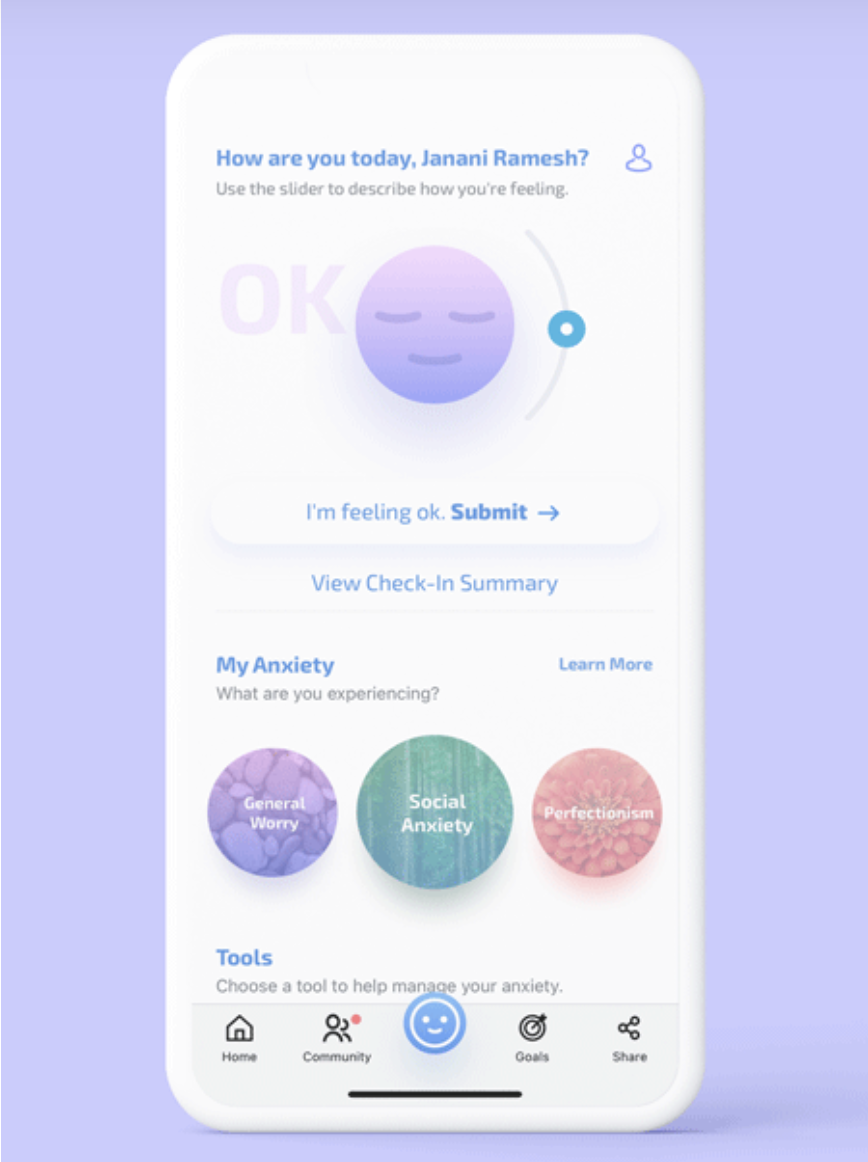
Mindshift
Calm
With over a million ratings, Calm gives you access to a variety of sleep podcasts, soothing music, soundscapes, and guided meditations, making it one of Shapiro’s go-to recommendations. Plus, Calm offers yoga and stretching classes which users rave about for winding down before bed.
Oh, and well-known celebs like P!nk and Matthew McConaughey have also been known to narrate the bedtime stories!
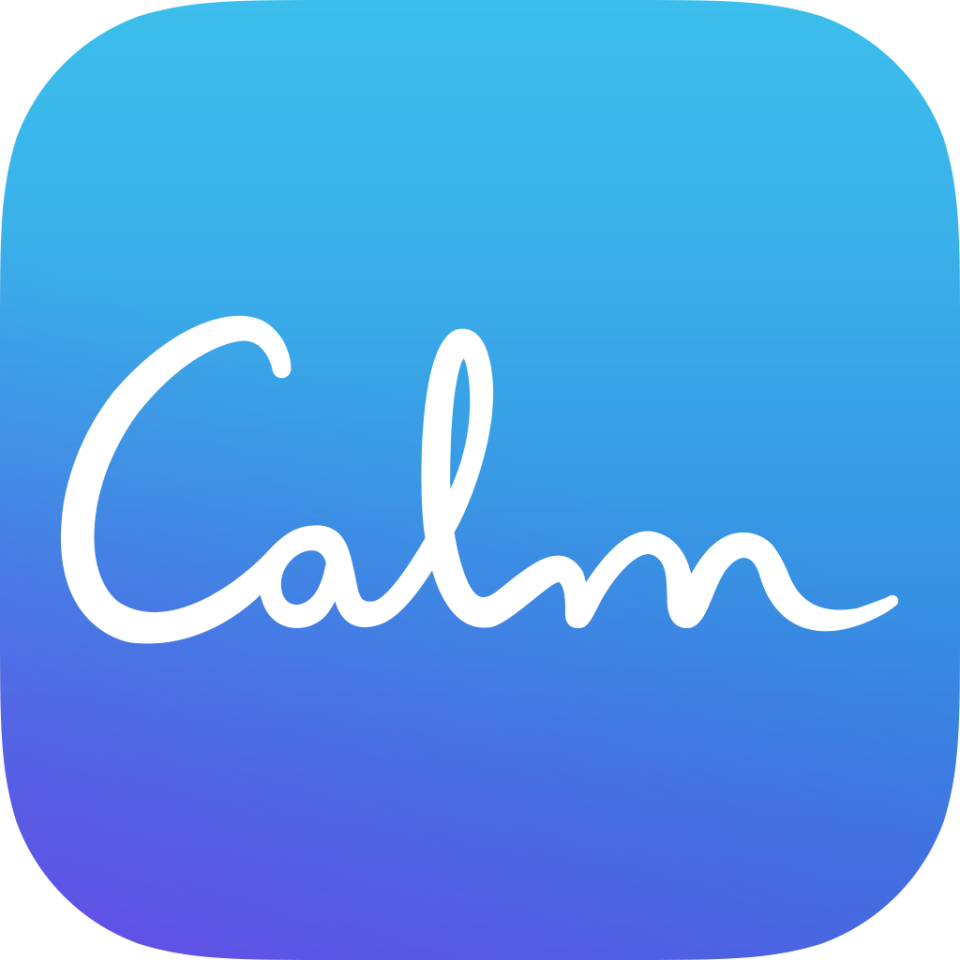
Calm
Headspace
Headspace is a meditation app specifically designed for mindfulness and self-care. The guided meditations range from three to 20 minutes, and Shapiro suggests this app for stress relief, anxiety control, and self-awareness.
The app also offers longer education courses which focus on mindfulness, managing distractions, improving sleep, and more.
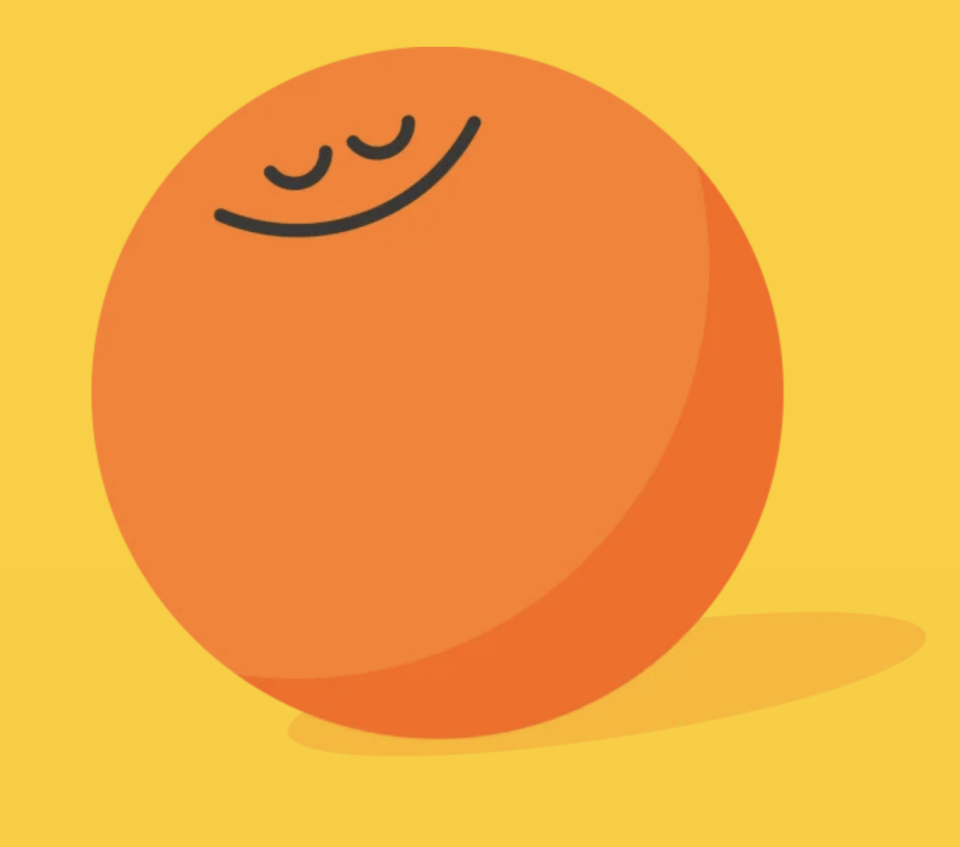
Headspace
$12.99
Woebot
Woebot can provide personalized support to help manage stress, anxiety, and loneliness, by using AI, says Cha.
“This should not be considered a substitute for therapy, but AI can facilitate some useful therapeutic interventions, such as providing education or normalizing a mental health-related experience,” she explains.
The app also includes several topics to empower users to understand *why* they’re feeling the way they feel and what they can do about it.
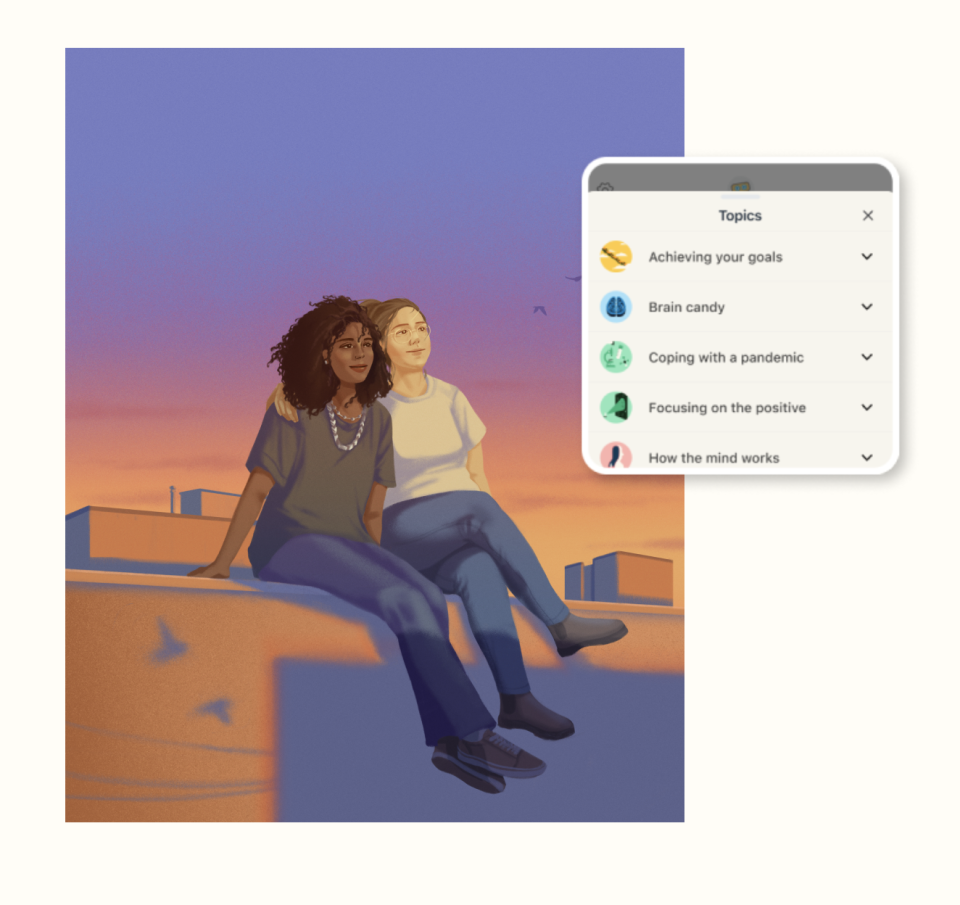
Woebot
Virtusan
Healthy habits can be hard to form (and sustain!), but Virtusan offers over 30 practices and tools to help you nail your goals.
Whether you’re looking to sleep better, improve your mental fitness, or focus on your nutrition, Virtusan will curate a routine catered to your needs, based on a short survey, Shapiro says.
Plus, users rave that the information and goal setting guidance is manageable and digestible.
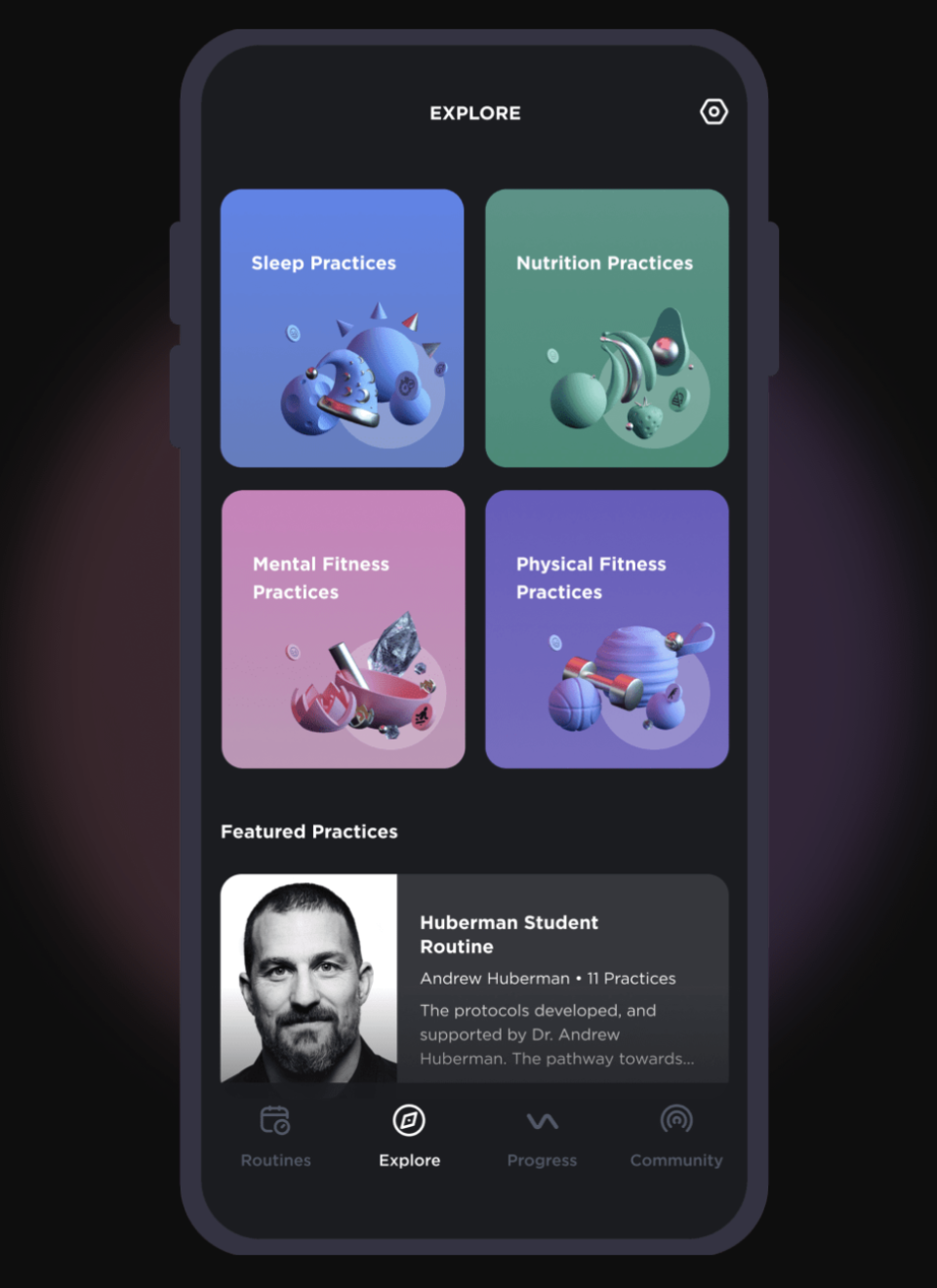
Virtusan
$12.49
MindDoc
MindDoc is designed to regularly track your mood and emotions while teaching you about mental health through courses and exercises, says Cha. “The best feature is that it asks questions about how you’re feeling and then provides you with insights that are relevant to what you’re reporting,” she explains.
From there, you’ll get insight for helping you recognize mood patterns along with relevant coping resources.

MindDoc
29k
29k is a free, non-profit app that focuses on overall self-care, mental health, and personal development through courses and goal setting, says Cha. You’ll find unlimited access to evidence-based psychological tools like meditations, challenges, and check-ins that are designed to support personal growth and help you cope with life's ups and downs.
Another differentiating factor is that 29k offers the opportunity to connect with other users around the world through virtual support groups.
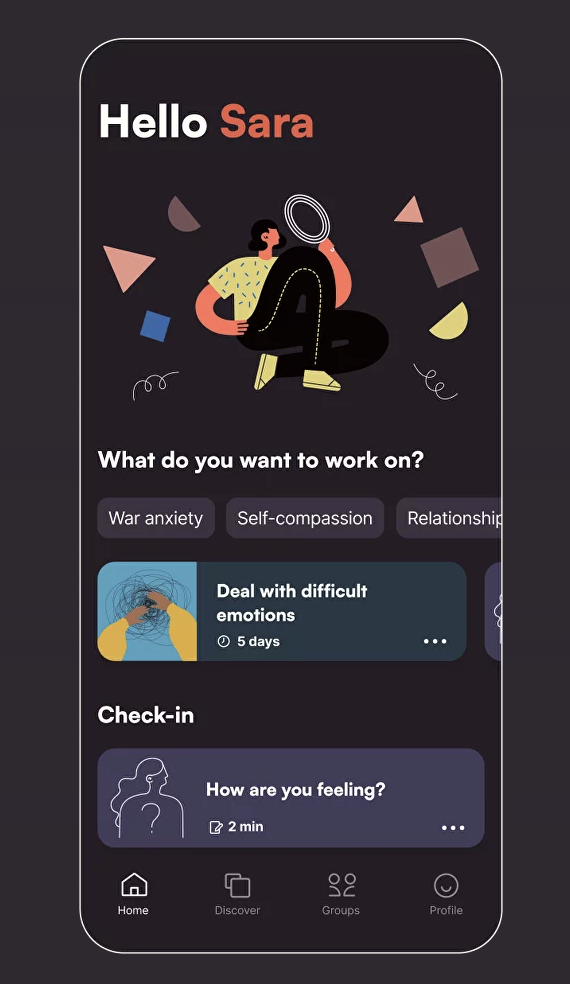
29k
You Might Also Like

